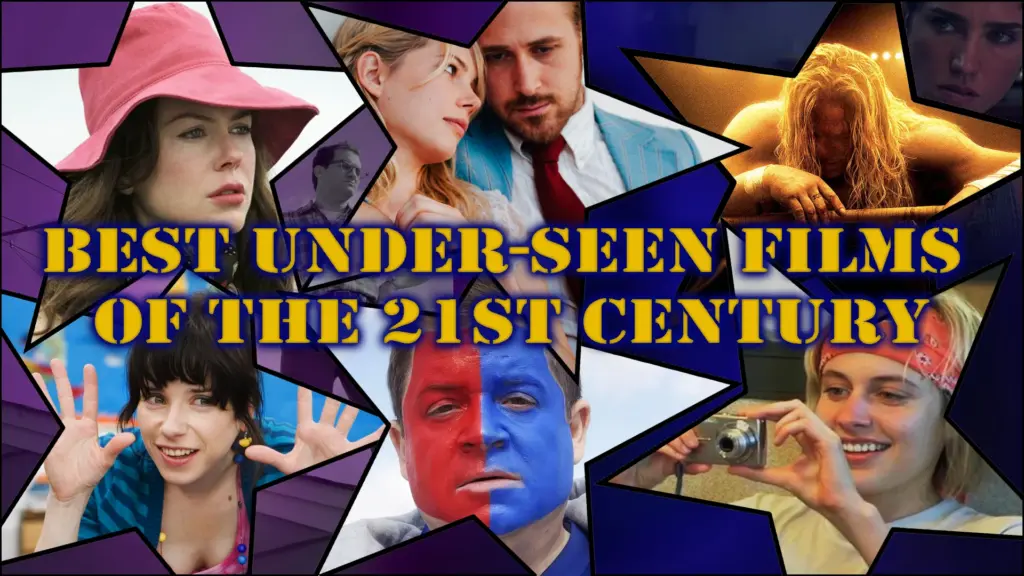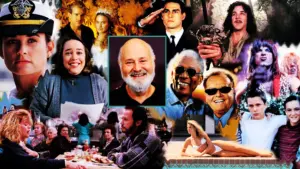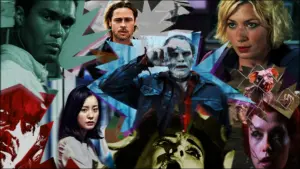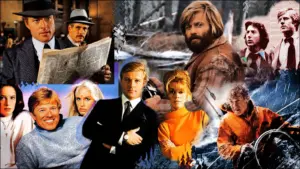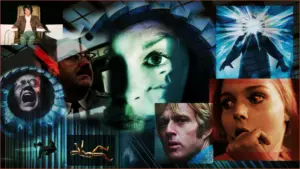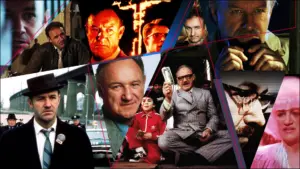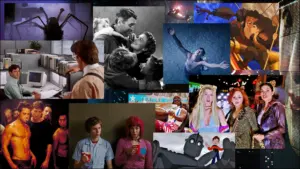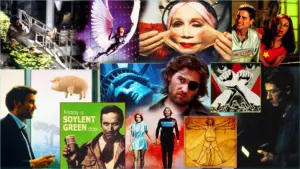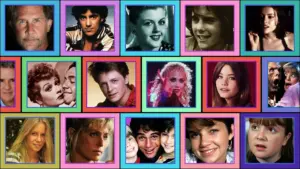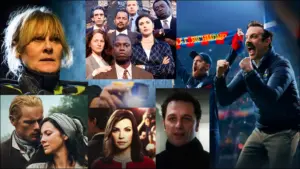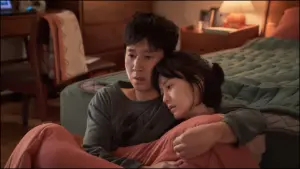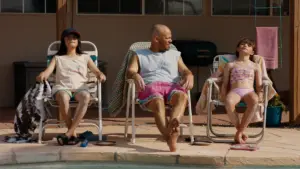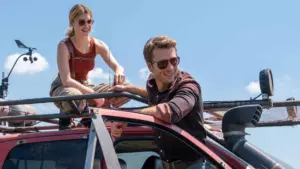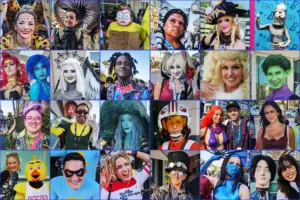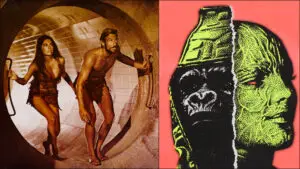[Editor’s note: James DiGiovanna, an award-winning film critic for the Tucson Weekly for much of the 2000s, has put together a list of the 21st century’s greatest films that haven’t received the attention they deserve. He selected so many recommendations, we’ve divided the list into several articles. This is part four, spanning 2006 through 2010.]
Part 4: Best Under-Seen Movies of 2006-2010
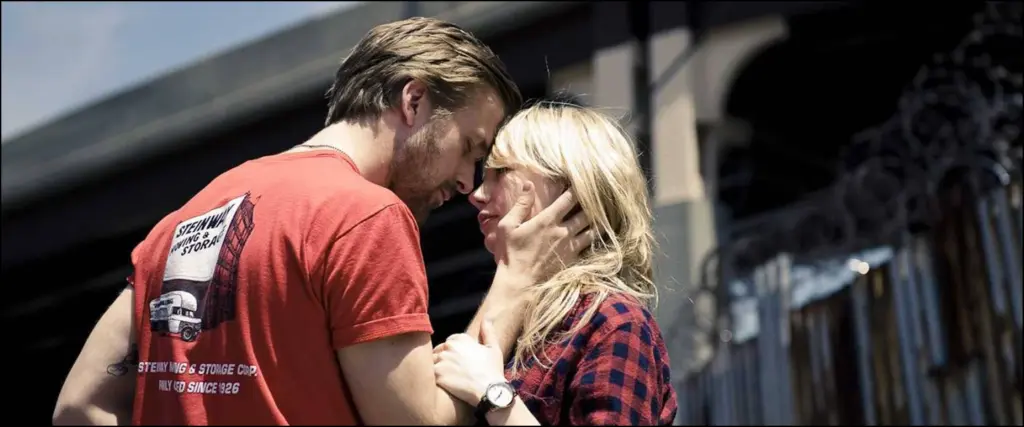
Blue Valentine (2010)
I’d rather not have so many depressing movies on this list, but as Ursula LeGuin pointed out, it’s very hard to write an interesting story where nothing terrible happens. Blue Valentine tells my favorite kind of doomed romance story, the kind where no one is really to blame but good god these people made a horrible mistake getting together. It’s much more biting than the hero/villain/hero story we see in romcoms and political elections, and at this point Ryan Gosling and Michelle Williams were at the height of their powers, and are perfectly cast as the over-attached, low-emotional intelligence face-man and the sensitive but too smart for her own good failed medical student. Told in flashbacks and flash-forwards, which is a trick that rarely works this well, but director Derek Cianfrance fits these pieces together with a tolerance of .001 microns.
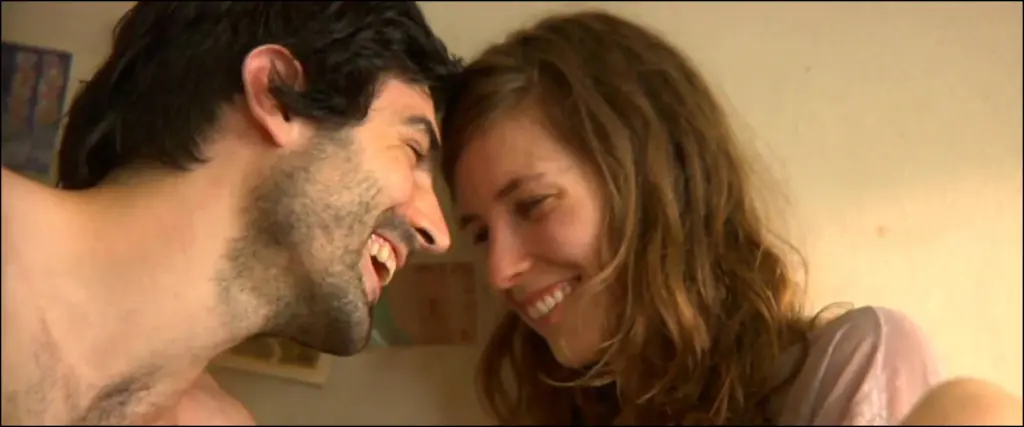
Gabi on the Roof in July (2010)
I think there are at least two movies on this list that almost no one will like, this one and Yeast. They have in common a low budget, a slice of life structure, and a really annoying lead character. But Sophia Takal’s take on the titular Gabi is endearing, because she’s obviously both too young to know how aggravating she is and so open to and welcoming of other people that you’d want to both know her and dread the moment when she realizes the world isn’t the wonderful performance art space that she thinks it is. Great acting makes this one of the best mumblecore movies, and in the end there’s something like a real revelation and denouement where, charmingly, someone gives an apology that they don’t have to give, but really should, just to make things a little better. You never see that in movies where justice and comeuppance almost always take precedence over reading the room and not being a jerk.
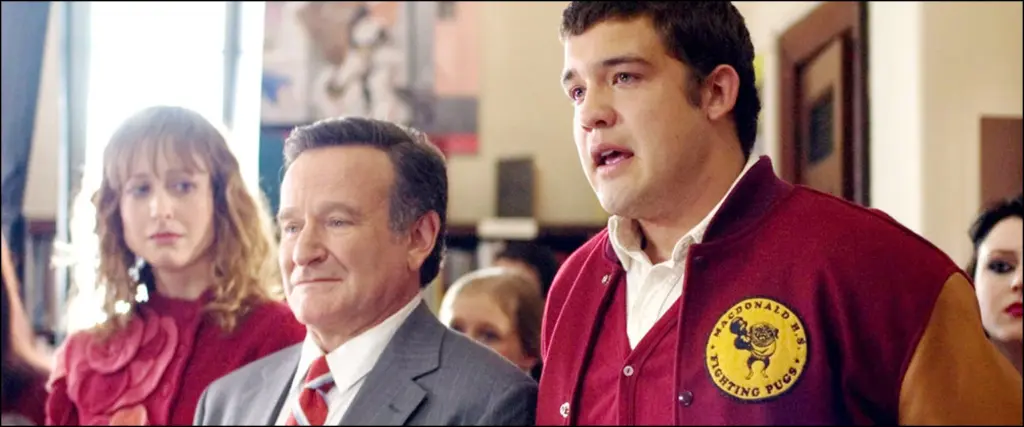
World’s Greatest Dad (2009)
Robin Williams was at his best as a dramatic actor. I think One Hour Photo is his most impressive performance, but in World’s Greatest Dad he presents a more human character, someone who’s cursed with an ability to understand that we love shitty people, that shitty things happen for no reason, and that taking advantage of personal tragedy for personal gain is both fulfilling, healing, and something we really shouldn’t do. Includes one of the three greatest speeches in cinema, with an incredibly sorrowful delivery of the line “I loved him, he was my son, but he was also a douchebag,” that doesn’t come across in any of the trite or even vaguely comic ways you’d imagine it does.
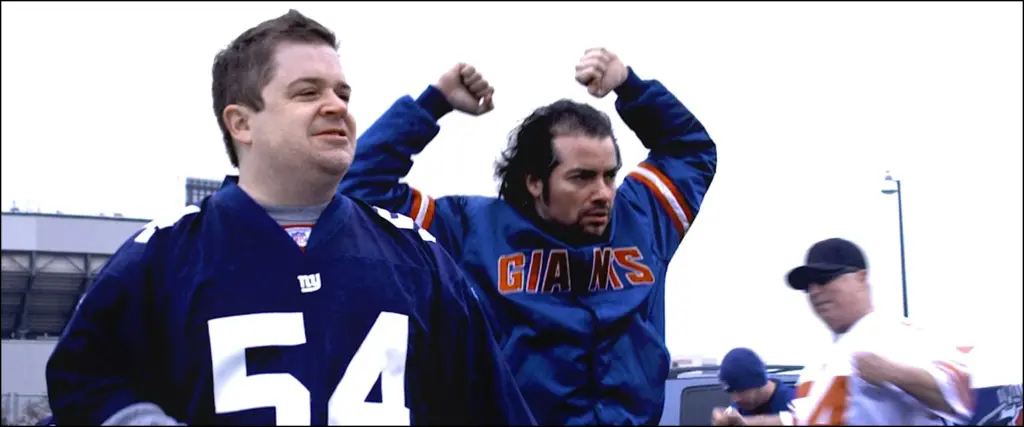
Big Fan (2009)
Years ago I reviewed this film and said it was a modern day “Bartleby the Scrivener,” in that it’s about a man who is completely uninterested in living any of the sorts of life that normal society could condone. Instead, he just wants to be a New York Giant’s fan. When his mother tells him to give up his shitty life and finally find a woman, he screams “I don’t want that! I don’t want that!” Which is pretty much the 21st century “I’d prefer not to.” Instead, he’s fulfilled, really fulfilled, by dedicating his life to the New York Giants. So when one of those Giants beats the shit out of him and sets him up for a huge payout, he has to decide what matters more: material wealth or simping for New York’s second worst football team. Patton Oswalt, of all people, nails this performance, and deserved more acclaim for it than he got, but much of the credit goes to writer/director Robert Siegel, who, in his own Bartlebyian way, preferred not to include much of what makes a main character likeable or a movie commercially successful so he can tell a devastating story about what it’s like to just be different.
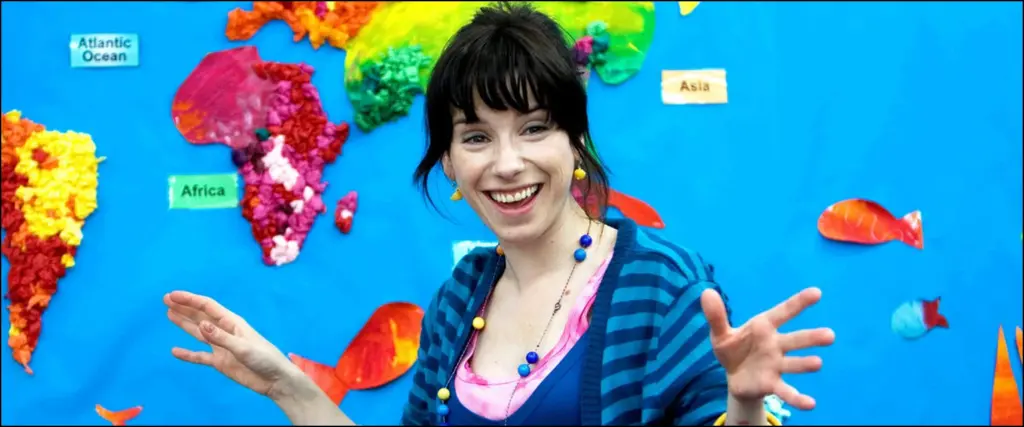
Happy Go Lucky (2008)
Fiction writers know that it’s very hard to tell a compelling story about a happy person without, at some point, robbing her of that happiness. Well, Mike Leigh pulls it off, showing that, in spite of the trite “angry man” film he’d made 15 years earlier, he was capable of making something unlike anything seen before. He couldn’t have done it without Sally Hawkins, who’s uncannily capable of playing a character who feels real while also being unrelentingly cheerful. And not in cheerful in an irritating way! All of the normal plot and character development rules are thrown out the window and you actually get to enjoy yourself while watching an art film. It’s great if you’re terminally depressed and, for some reason, would rather not be.
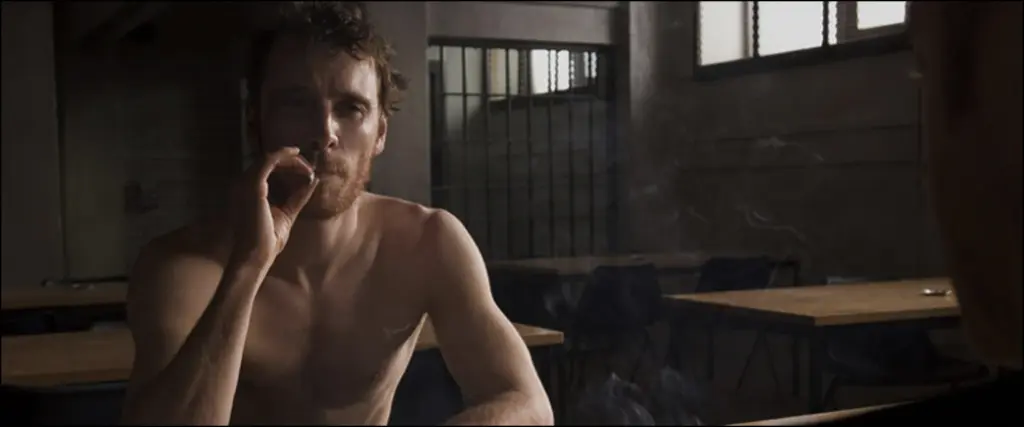
Hunger (2008)
There are movies I enjoyed more than Hunger, but this is easily the best directed and constructed film of the 21st century. That I’ve seen. Like I’m not omniscient and omnipresent. But seriously, this is the rare case of experimental narrative filmmaking that’s entirely naturalistic but which, at every moment, is overwhelmingly powerful and mysterious, and, bizarrely, creates a flowing story. I won’t say what it’s about, because that’s sort of a reveal in the film, but there’s about an hour without dialogue that is both baffling and enthralling, and also horrifying. Not for people who can smell what they see on film.
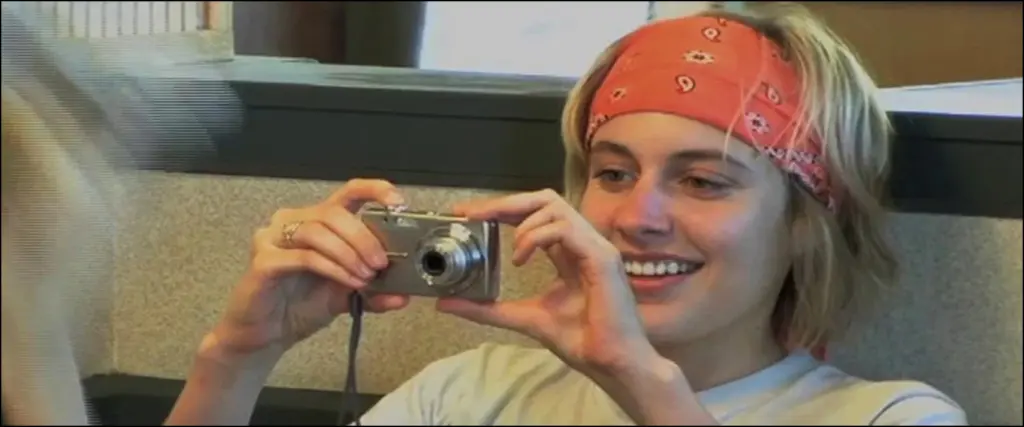
Yeast (2008)
I’ve shown this film to a bunch of people, and mostly, at the end, they look at me like I have brain damage. I do, but that’s not what draws me to this. It’s incredibly intimate portrait of an unpleasant, depressed, overly controlling woman living in the kind of post-college poverty that comes with free drama. She hates her roommate, so she asks an old friend to go on a road trip. Turns out she hates the friend too. Then she comes home and realizes that nobody likes her, but still can’t figure out why. Then there’s a circus act and nobody learns anything. Greta Gerwig gives her best, and funniest, performance, as the zanily sociopathic friend, and Mary Bronstein, who wrote and directed, gives a shockingly brave and effective performance as the un-self aware protagonist. Looks, it’s only one hour 18 minutes, and I guarantee that you’ll both recognize these characters, and that you’ve never before seen them presented on film as full-fledged human beings and not just comic relief. Try something different! It’s the only way you’ll develop a truly perverse aesthetic.
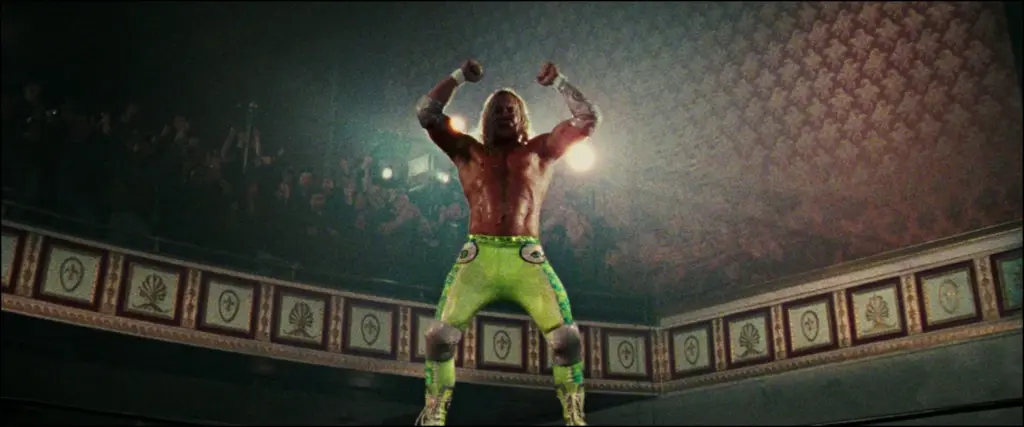
The Wrestler (2008)
Robert Siegel has written two screenplays that essentially re-set Bartleby into irreducible modern settings. I think Big Fan is the slightly better of the two, but The Wrestler has a flashier sensibility, via director Darren Aronofsky, that makes it the more visually stunning of the two. Mickey Rourke plays a retired wrestler with a bad heart who would prefer not to be anything but a wrestler, and is willing to forego all the other joys of life just for a few minutes of getting brutalized in front of a cheering crowd. It’s the perfect metaphor for contemporary America. Or is something a metaphor if it’s in every way the same thing?
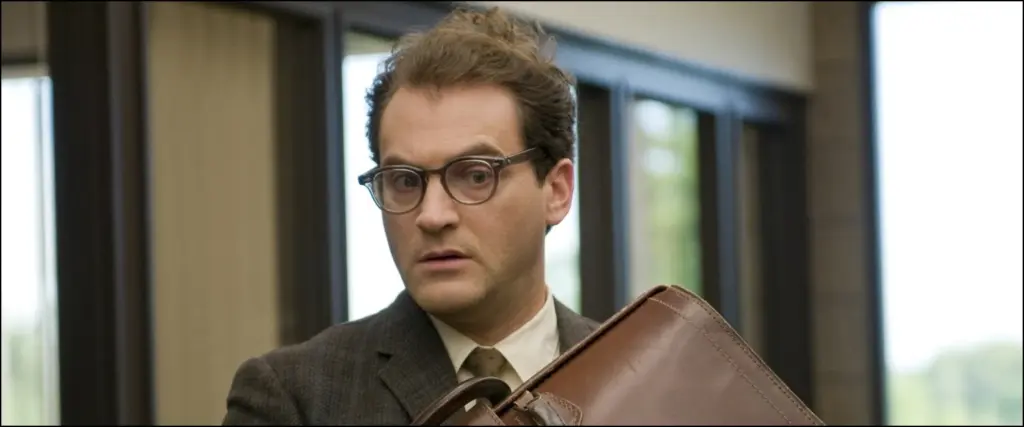
A Serious Man (2008)
This is my favorite Coen brothers film. I’ve yet to meet anyone else who also feels that way, so if you do send me a postcard with five dollars in it. It recreates something about the psychedelic era that I love, but also about the suburban world that clung as hard as it could to the pre-Vietnam War world in the hopes of somehow repressing all those feelings. Those terrible feelings. O my god. We are not allowed to feel such things!
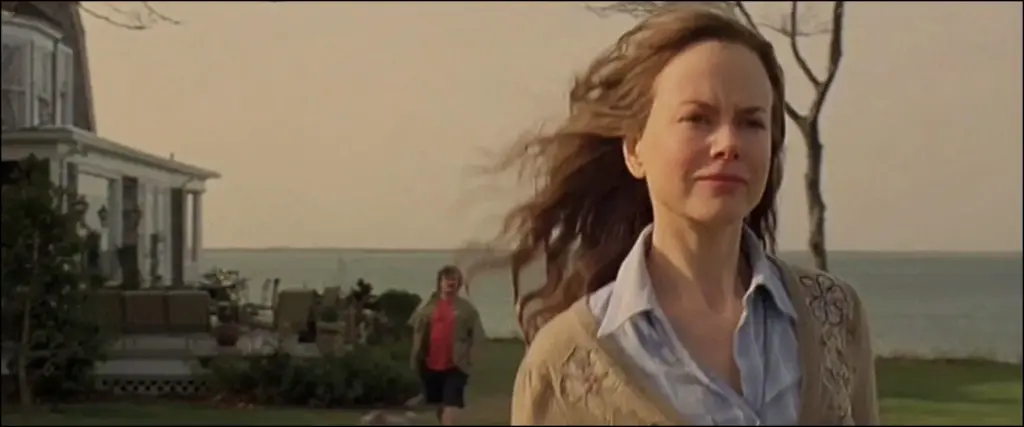
Margot at the Wedding (2007)
Speaking of best performances, this is Nicole Kidman’s. Her performance reminds me of the movie The Fly except it’s like she’s been in a teleporter accident with a narcissistic celebrity monster. I guess she was married to one so maybe it’s like an infection. Also, and I mean this: Jack Black is good in this movie. Not in the way people just like Jack Black for being Jack Black in all his films. In this one he actually plays a character. A human character. Also, it features the most perverse take on the end of The Graduate I’ve ever seen. It’s like 3 times as disturbing and hilarious. I hate to compliment Noah Baumbach now that he’s become a parody of Wes Anderson and actually made a movie about how heroic it was for him to leave his wife for a younger woman, but this was his peak, and he really had exacting skill in editing and pacing here.
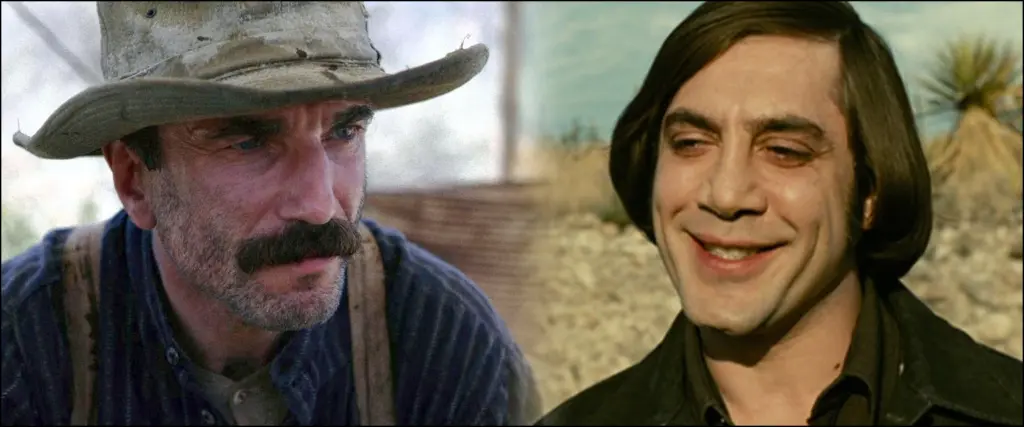
There Will Be Blood / No Country for Old Men (2007)
This article is about little-seen films, so why are these here? They’re that good, and stubbornly non-mainstream. There Will Be Blood‘s sense of violence simmers so long you think it will never happen, and then, when it feels like everything is safe enough to go bowling, does happen. No Country for Old Men is almost opposite, unleashing brutality in ever-reducing increments until it’s not showing anything, which somehow is the most upsetting of all.
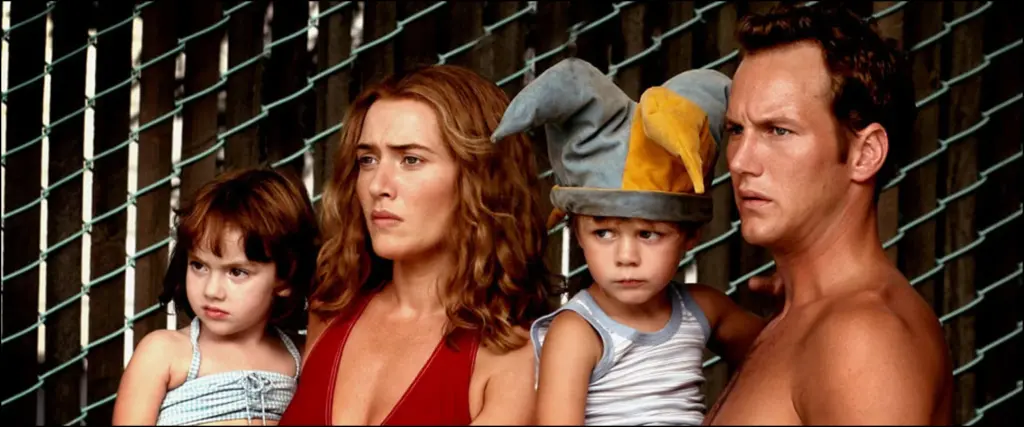
Little Children (2006)
There’s a scene in this movie where a man (Patrick Wilson) and a woman (Kate Winslet), each married to other people, have sex on top of a clothes dryer in the man’s basement. And the woman is just rocking, eyes closed, feeling release from her shitty marriage or just being in the moment. But the man, thrusting in and out in a steady rhythm, looks distraught. “Do you feel bad?” he says. “No…” she replies. “I do,” he says, still thrusting, still rhythmic, “I feel really bad.”

